A Family Doctor's Perspective
Regular health screenings play a crucial role in maintaining the well-being of individuals over 60. As we age, our bodies undergo changes that require closer monitoring and preventive measures. In this article, we will discuss important health tests recommended for individuals in this age group, enabling them to proactively manage their health and ensure early detection of potential issues.
Blood Pressure Measurement:
Monitoring blood pressure is vital for older adults as hypertension (high blood pressure) becomes more common with age. Regular blood pressure checks can help identify potential risks for heart disease, stroke, and kidney problems. Family doctors typically recommend blood pressure measurements at least once a year or more frequently if previous readings have been elevated. Individuals can also consider monitoring their blood pressure at home using a home blood pressure monitor, with results shared and discussed during routine medical check-ups.
Cholesterol and Lipid Profile Testing:
Elevated cholesterol levels can increase the risk of heart disease and stroke. Therefore, regular lipid profile tests are essential. A family doctor may recommend a fasting blood test to measure total cholesterol, LDL (bad) cholesterol, HDL (good) cholesterol, and triglyceride levels. Based on the results, appropriate interventions such as lifestyle modifications or medication can be prescribed to manage cholesterol levels effectively.
Diabetes Screening:
The risk of developing diabetes increases with age, and early detection is crucial for timely intervention. A family doctor may recommend regular blood tests to check fasting blood sugar levels or a hemoglobin A1C test to assess long-term blood sugar control. Managing diabetes through lifestyle modifications, diet, medication, or insulin therapy can significantly reduce the risk of complications associated with the condition.
Colorectal Cancer Screening:
Colorectal cancer is a significant health concern among older adults. Family doctors often recommend regular screenings, such as colonoscopies, sigmoidoscopies, or fecal occult blood tests (FOBT). These tests help detect precancerous polyps or early-stage cancers, enabling timely treatment. The frequency and type of screening may vary based on individual risk factors, personal medical history, and prior test results. Engaging in regular screenings significantly improves the chances of early detection and successful treatment.
Conclusion:
Regular health screenings are vital for individuals over 60, as they facilitate early detection and effective management of potential health issues. Consult with a family doctor to determine the specific tests recommended based on your individual health profile.
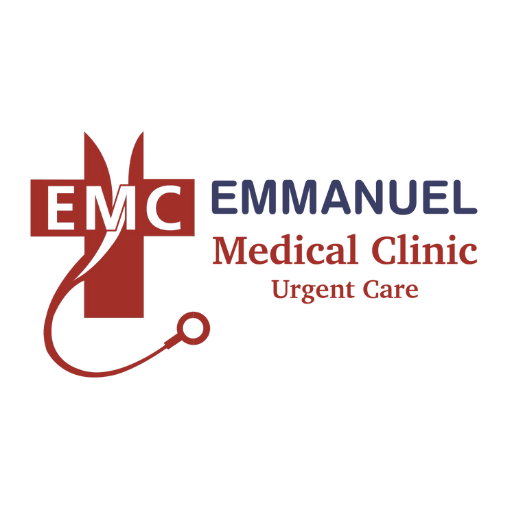
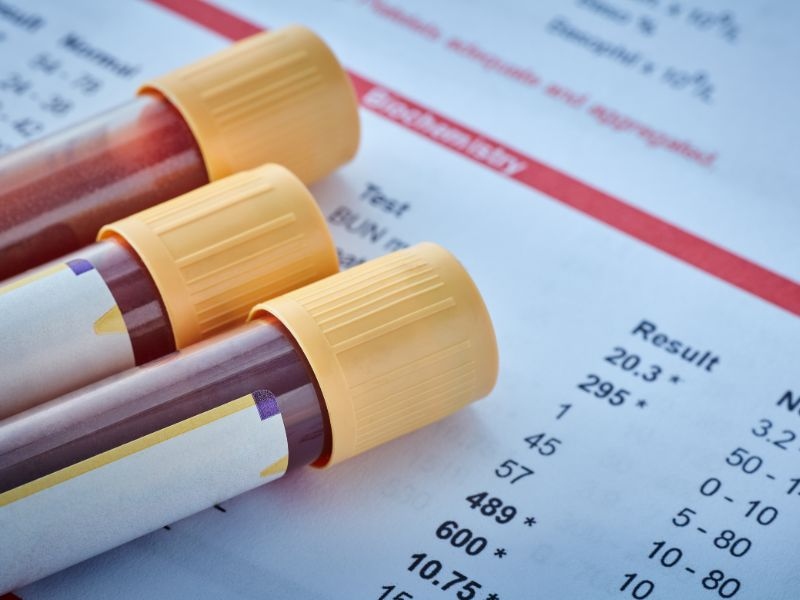
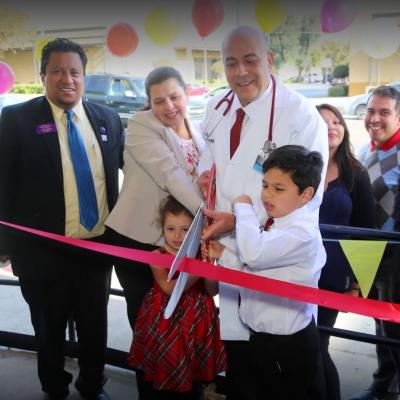

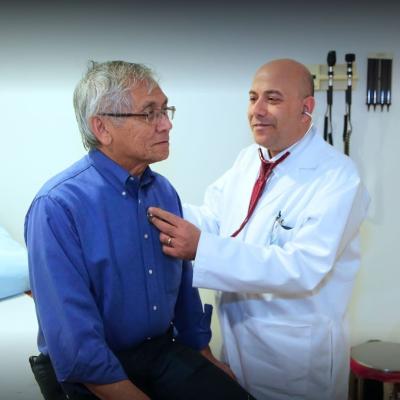


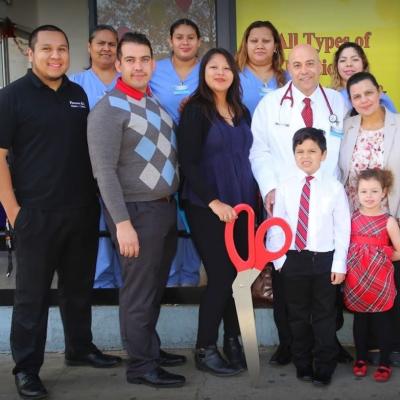


 And then Add to Home Screen.
And then Add to Home Screen.